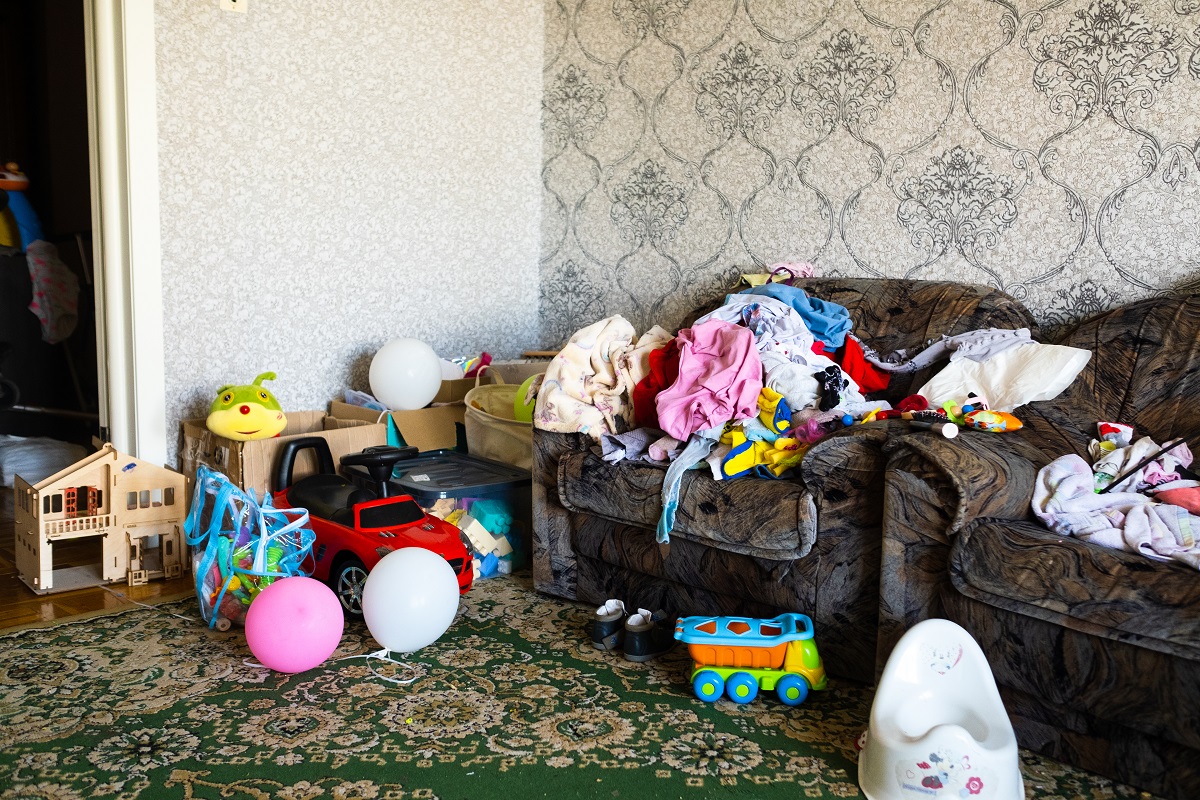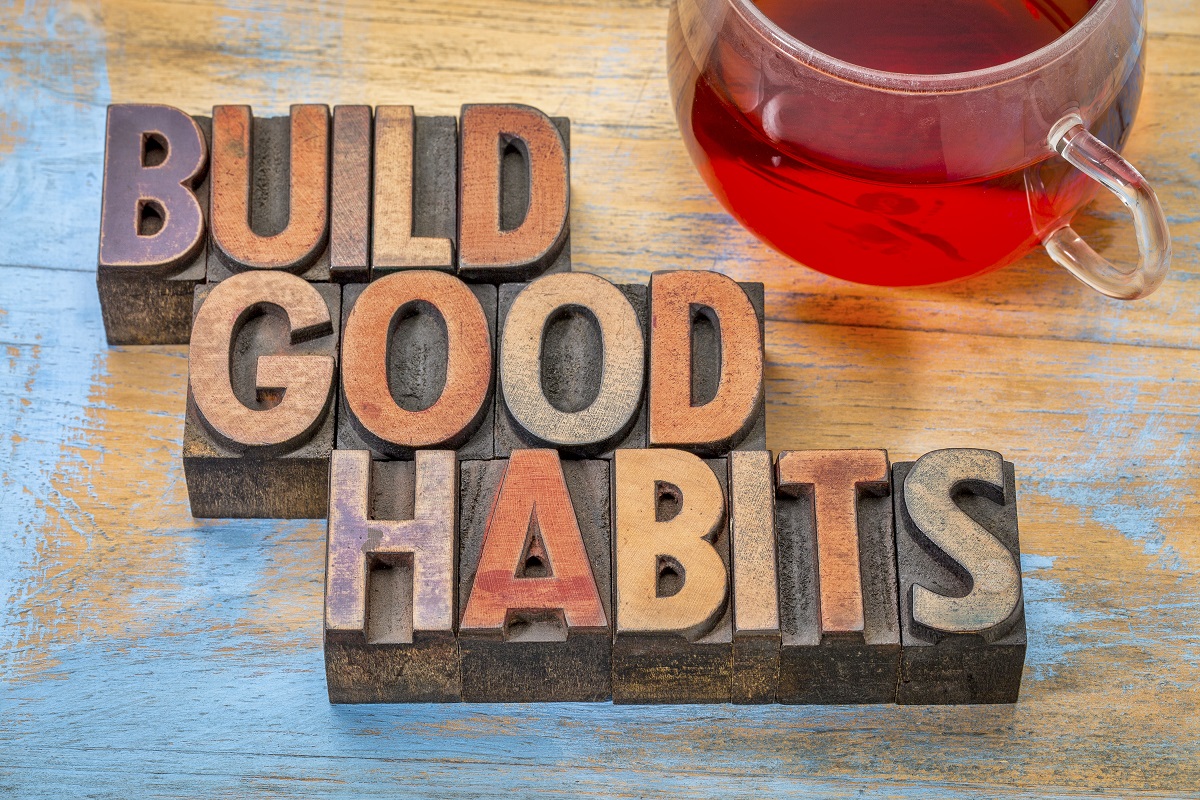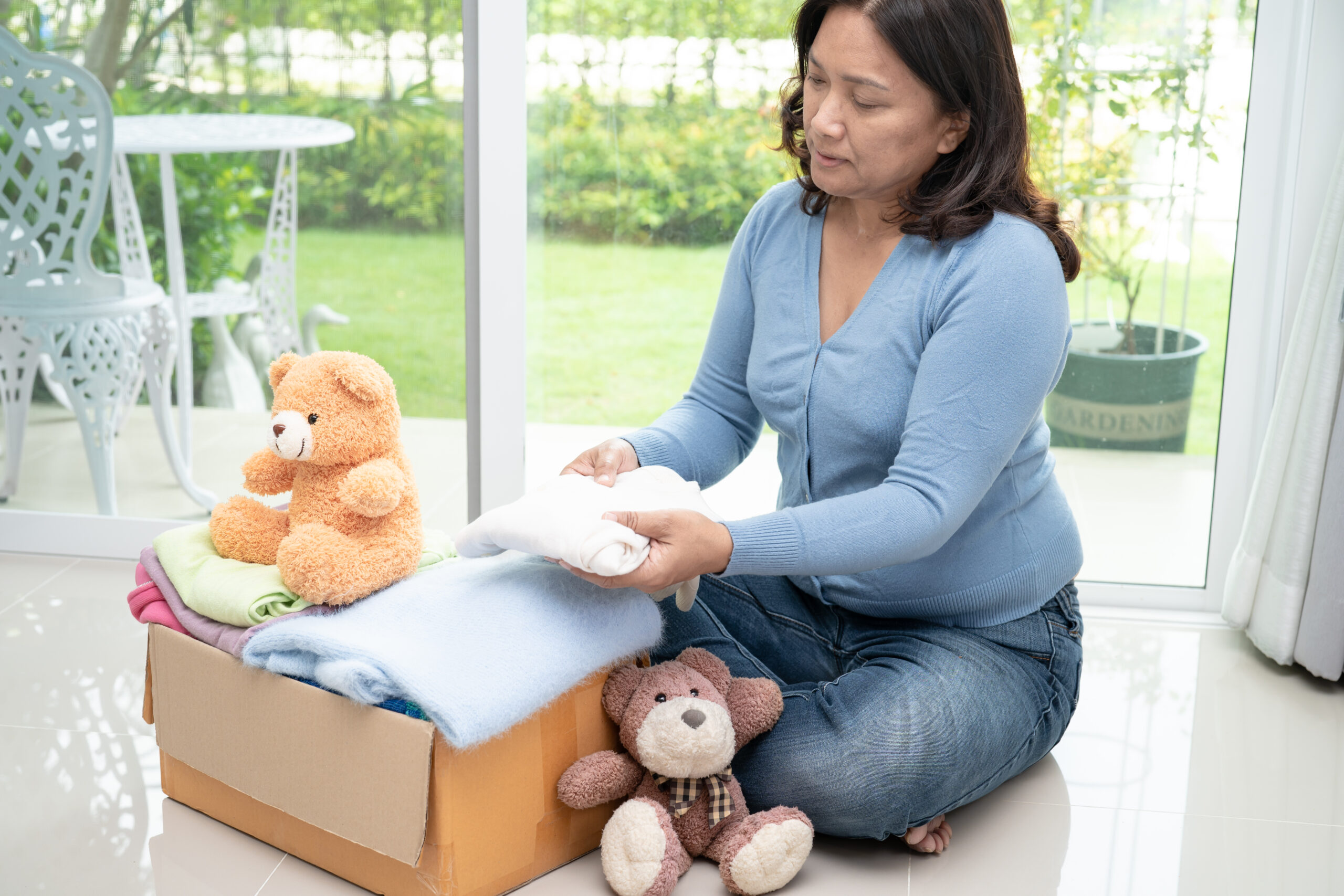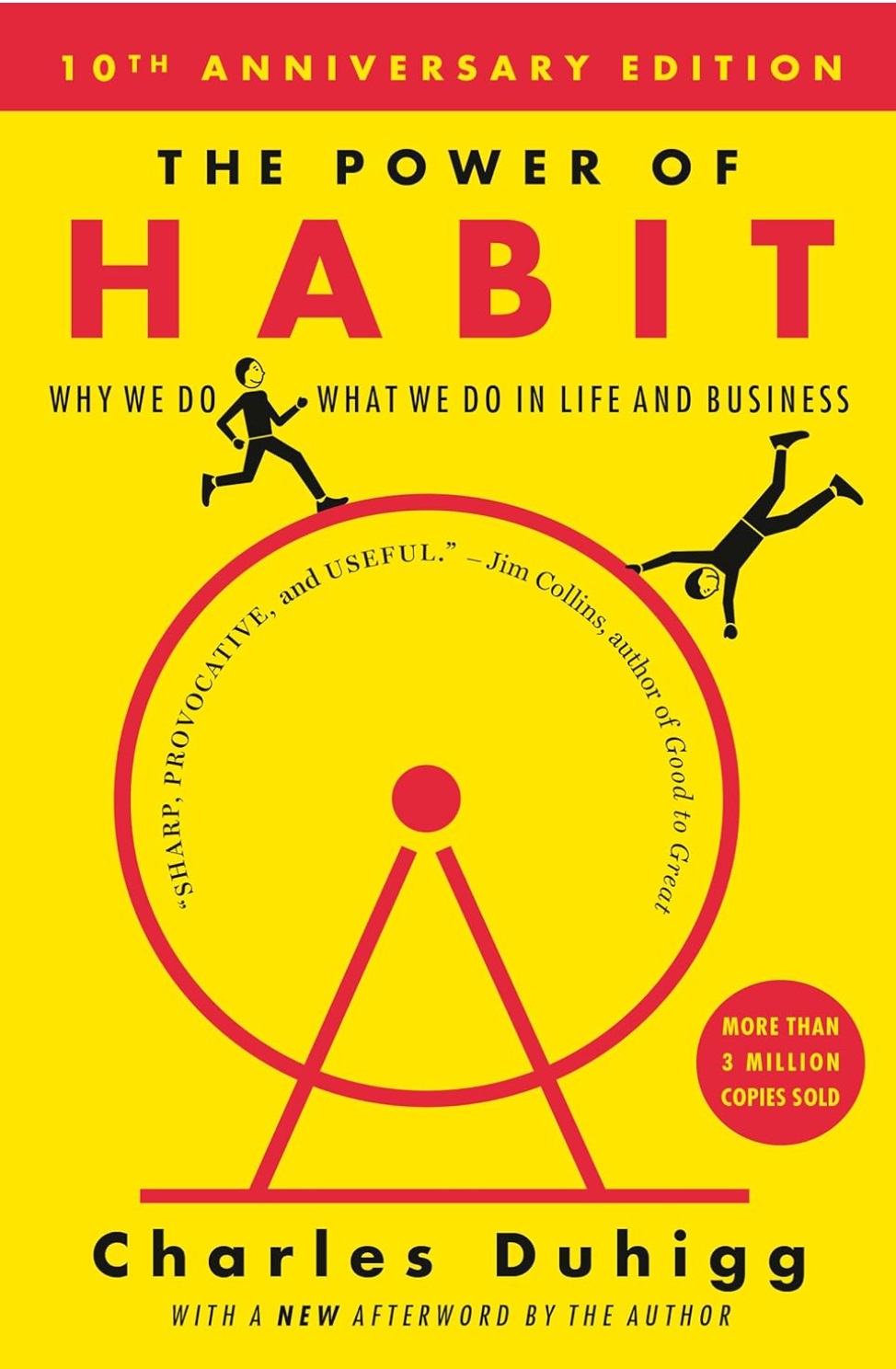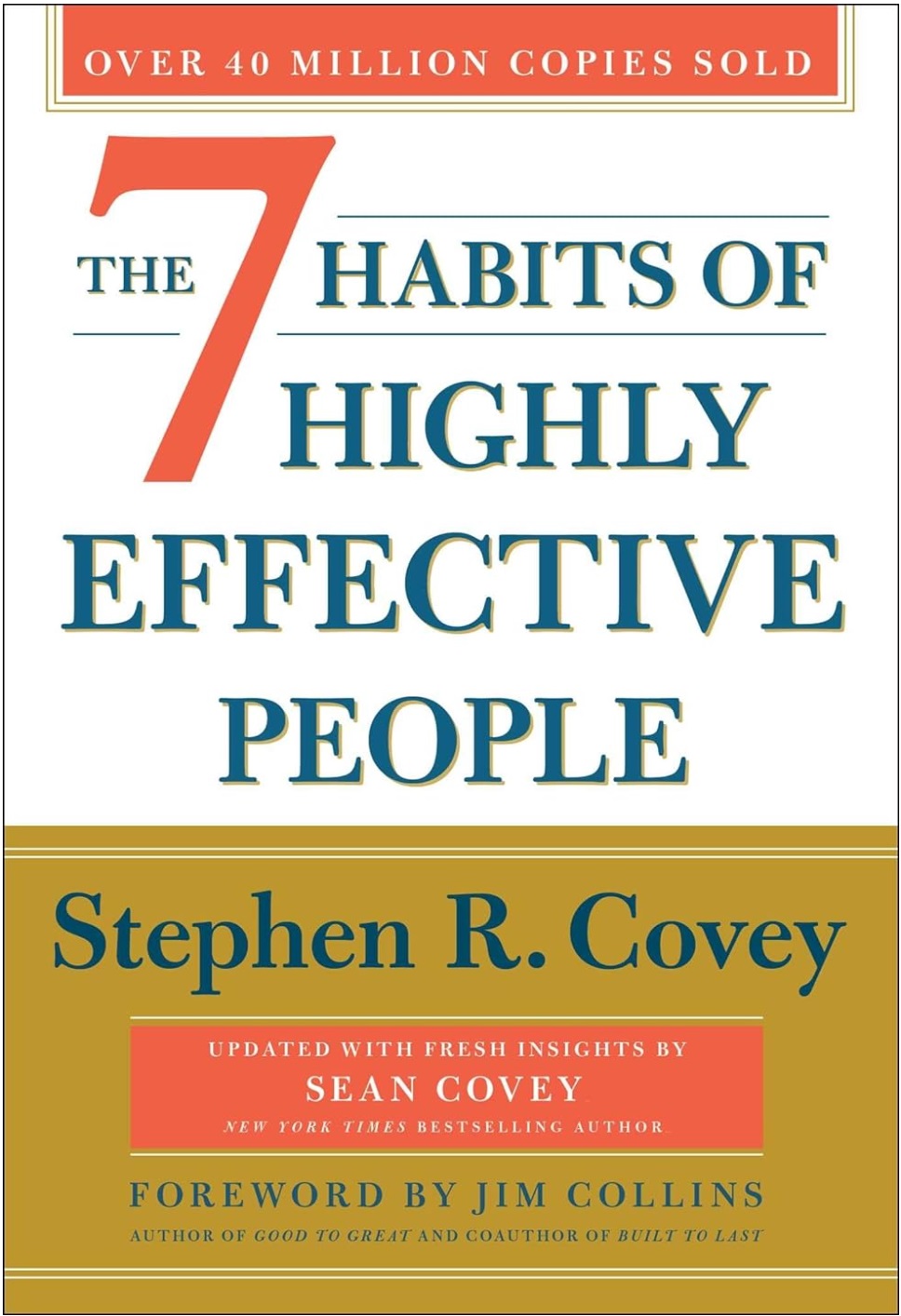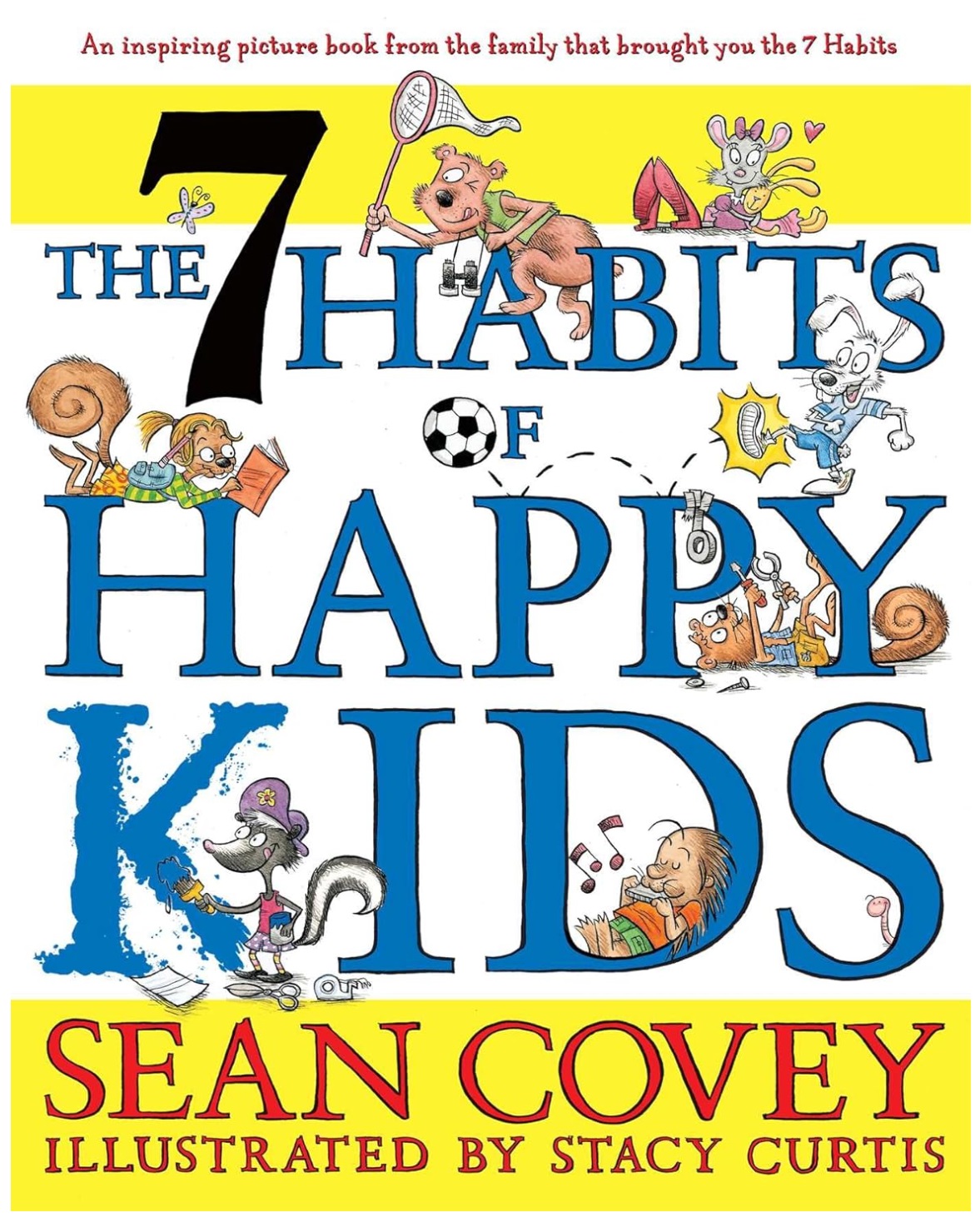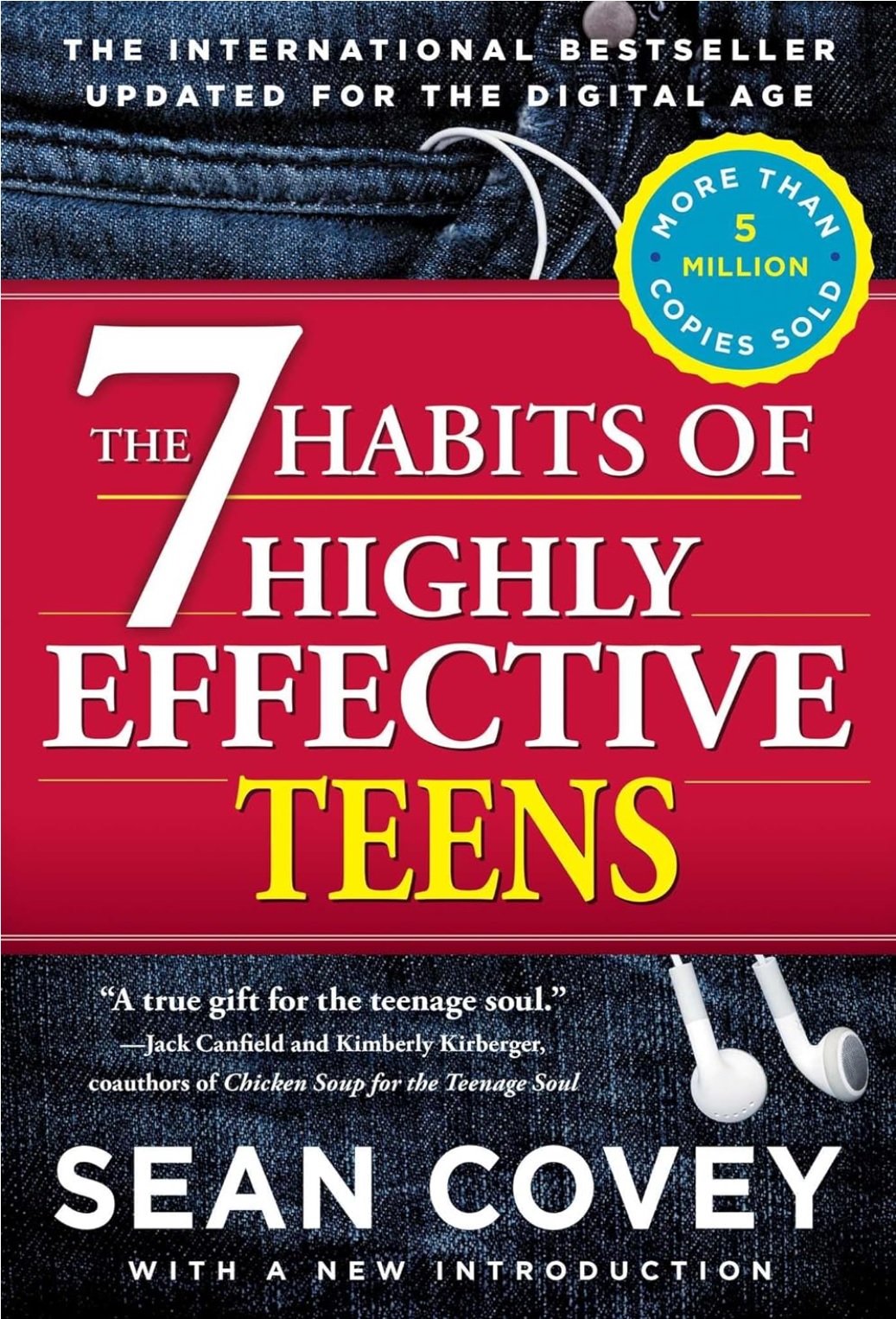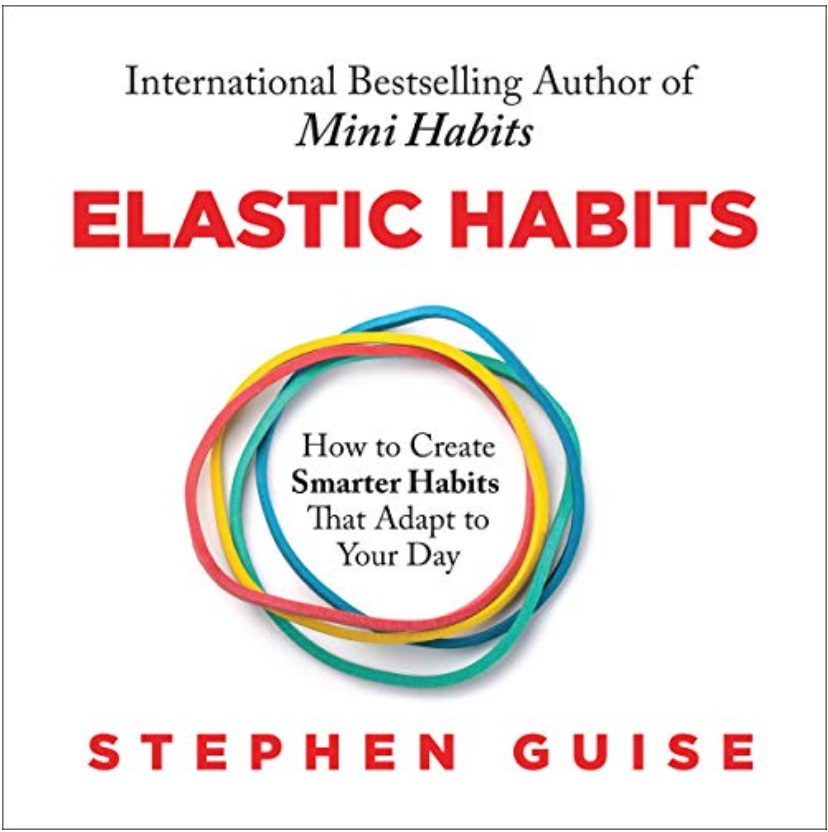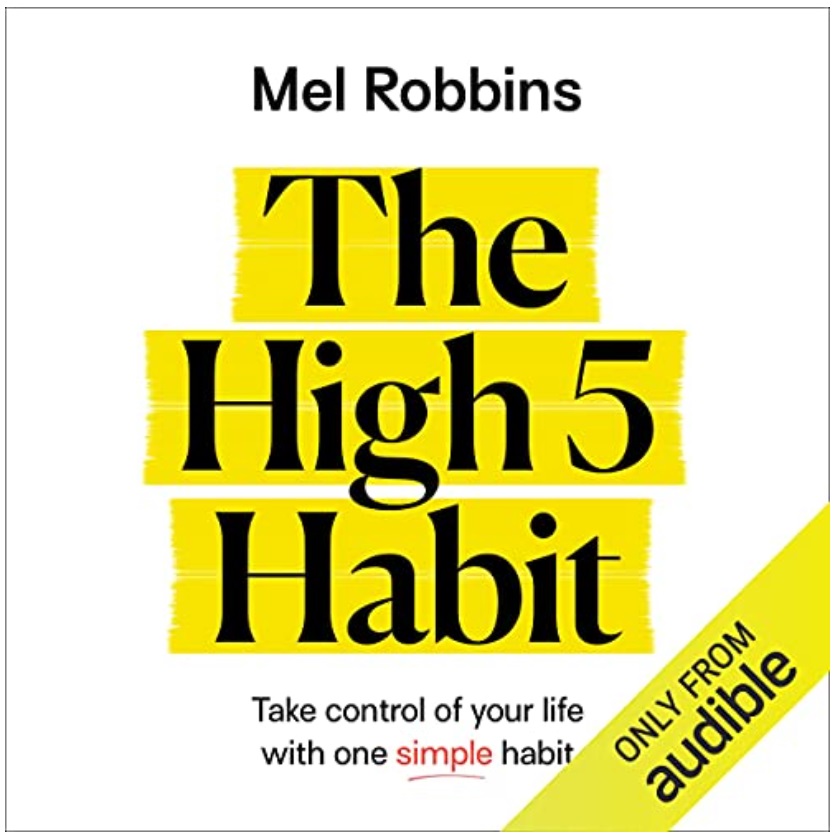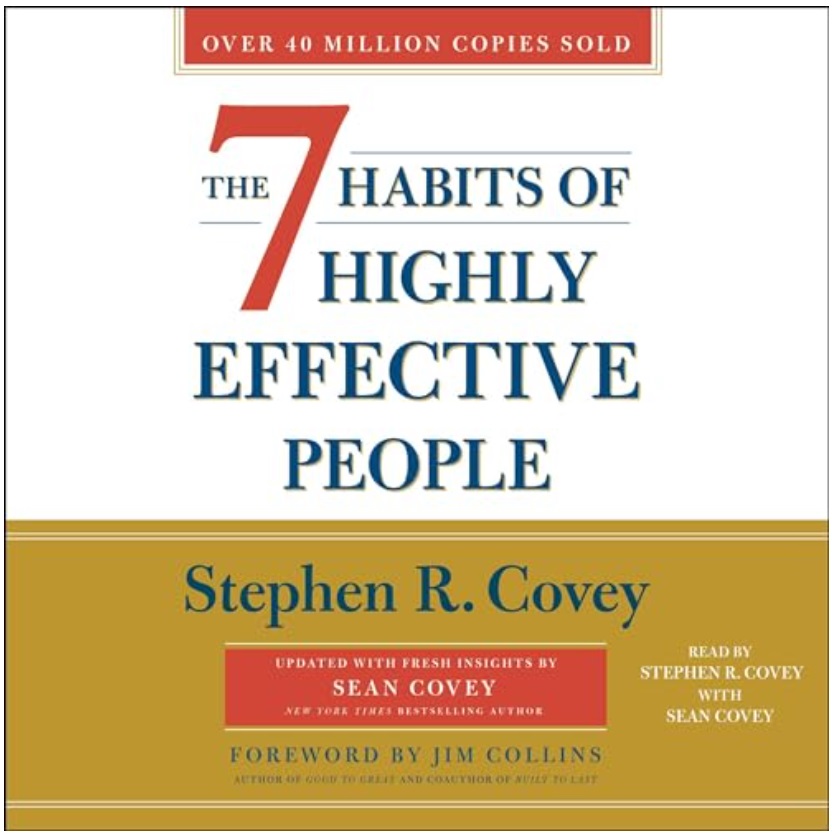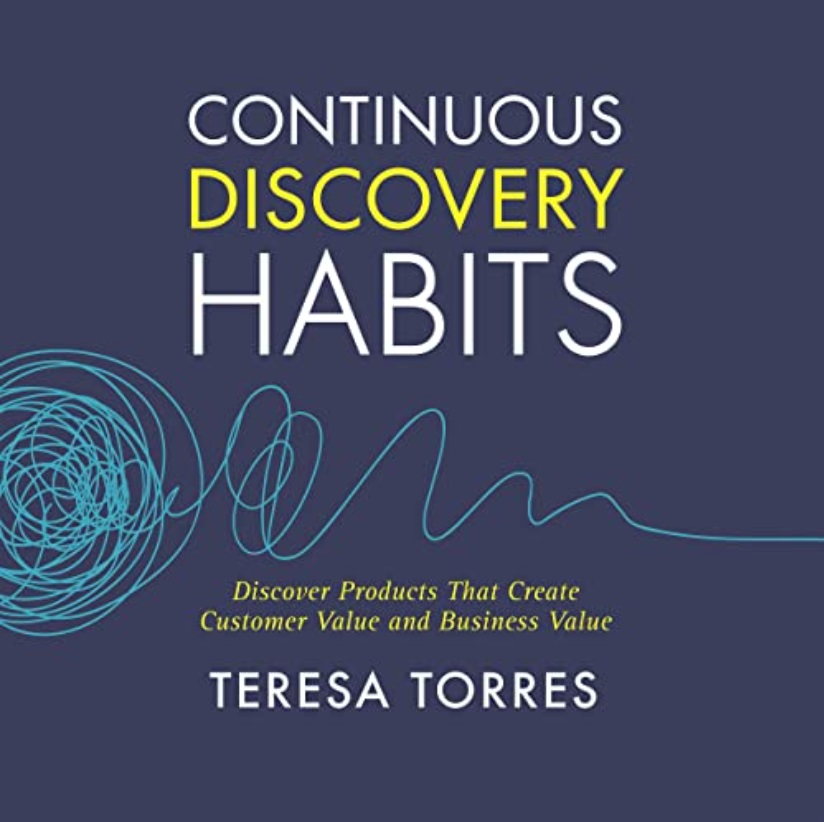- KEY POINTS
- Support systems are crucial for breaking bad habits and relying on friends, mentors, and accountability partners enhances long-term success.
- Small, consistent changes lead to lasting transformation, these tiny shifts in behavior create a ripple effect that breaks the cycle of negative habits.
- Engaging with supportive networks accelerates progress and sustains motivation during the habit-breaking process.
Breaking bad habits can feel like an uphill battle. I know because I’ve been there—trying to stop behaviors that no longer serve me but struggling to stay consistent. For a long time, I believed that if I just had more willpower, I could power through and finally make lasting changes. But the truth is, willpower alone isn’t always enough. What I’ve come to realize is that having a strong support system makes a world of difference.
When I first tried to quit procrastinating, I tackled it alone, but I often found myself slipping back into old patterns. It wasn’t until I leaned on a few close friends and shared my goals that things began to shift. Their encouragement held me accountable and helped me stay on track. If you’ve ever felt stuck trying to break a habit, this post is for you. Let’s explore how building a solid support system can give you the push you need to succeed.
Table of Contents
ToggleThe Power of Accountability
Why Accountability Works
Accountability is one of the most powerful tools in breaking bad habits. When someone else knows about your goals, it creates a sense of responsibility. I remember telling my best friend about my plan to cut back on social media. She would gently remind me if she caught me scrolling endlessly, and over time, I became more mindful of my actions.
Having someone check in with you, whether it’s a friend, family member, or even a coach, makes it harder to justify falling back into old routines. This kind of accountability is especially helpful for habits like procrastination or unhealthy eating patterns. I cover this topic more deeply in How to Overcome Common Bad Habits Like Procrastination, where I discuss small, manageable ways to stay accountable to yourself.
How to Find an Accountability Partner
Reflect on someone in your life who might be a good accountability partner. Consider setting a regular check-in or sending weekly updates. Even small gestures like this can have a significant impact on your progress.
Look for someone who:
- Is supportive but honest.
- Can gently remind you of your goals.
- Is invested in personal growth themselves.
An accountability partner doesn’t have to be perfect—they just need to care.
Surround Yourself with Positive Influences
The People Around You Matter
It’s often said that we are the sum of the five people we spend the most time with. This has certainly been true in my journey to break bad habits. When I started prioritizing mindfulness, I noticed that spending time with people who valued personal growth kept me motivated. On the flip side, hanging out with people who indulged in the same bad habits made it much harder to change.
If you’re trying to quit a habit, take stock of your environment. Are the people around you supportive of your goals? If not, seek out communities that align with the changes you want to make. Whether it’s joining a local fitness group or an online forum, surrounding yourself with positive influences can create momentum.
Finding the Right Environment
One way I did this was by finding a group of like-minded individuals through a mindfulness class. This was inspired by techniques I shared in Mindfulness Techniques to Break Bad Habits. The collective energy of the group made me more committed to sticking with new routines.
Look for environments where growth and self-improvement are the focus. You’d be surprised how quickly you start absorbing new, healthier habits.
Seeking Professional Help
When to Seek Professional Guidance
Sometimes, breaking a habit requires more than just friends or family. In some cases, working with a therapist, coach, or mentor can provide deeper insights into why certain habits persist. I’ve had sessions with coaches who offered strategies I hadn’t considered, and this outside perspective helped me approach change differently.
Therapists can also help uncover emotional triggers that lead to bad habits. I explore the psychological aspects of rewiring behaviors in Rewiring Your Mind for Success. This post dives into the importance of reshaping thought patterns and how professional guidance can expedite this process.
Taking the First Step with a Professional
Don’t hesitate to invest in your personal growth. A single conversation with the right professional can unlock solutions you may have struggled to find alone.
Building Emotional Resilience Through Support Systems
Breaking bad habits isn’t just about external accountability; it also involves developing emotional resilience. I’ve found that the people I turn to for emotional support often play a crucial role in helping me stay consistent. Whether it’s friends reminding me why I started or family members offering encouragement during difficult moments, emotional resilience helps me push through setbacks.
The Role of Emotional Support in Habit Change
Emotional support creates a buffer against the frustration and self-doubt that often arise when trying to break habits. There were times I felt like giving up on my goal to exercise regularly, but a friend’s reassuring words helped me reset and keep going. This sense of support is invaluable because breaking habits isn’t a linear journey.
I dive into this further in Breaking the Cycle: Tools to Replace Bad Habits with Good Ones, which discusses how replacing bad habits with positive alternatives can be much easier when you feel emotionally grounded.
How to Build Emotional Resilience with Others
It’s essential to communicate your needs to those around you. When I was working on cutting back on procrastination, I told my partner how important it was to me. Their understanding and encouragement made all the difference.
Consider these steps to build emotional resilience through support:
- Share your goals – Let those close to you know what you’re working on.
- Ask for encouragement – When moments of doubt arise, turn to someone you trust.
- Celebrate small wins together – Acknowledge even minor progress to stay motivated.
By creating emotional resilience, we build a stronger foundation for long-term change.
Modeling Positive Behavior from Role Models
Learning by Example
Sometimes, the best support comes from observing how others have successfully broken their own bad habits. I’ve often looked to mentors or even podcasts and books to find stories of people who transformed their lives by addressing habits head-on. This inspired me to shift my own approach.
One of the most powerful influences in my life was a mentor who shared how they rewired their mind for success. I touch on this more in Rewiring Your Mind for Success, where I explain how mental shifts create lasting results.
Surrounding Yourself with Positive Role Models
I make it a point to spend time with people who embody the habits I want to develop. Seeing their discipline firsthand reinforces that positive change is possible.
If you’re struggling to find role models, consider joining professional groups or communities. Sometimes, simply being in the right environment can shift your mindset.
The Impact of Shared Goals
Partnering with Others for Shared Success
Breaking habits doesn’t have to be a solo mission. Partnering with someone who shares similar goals can increase your chances of success. When I aimed to reduce my sugar intake, I teamed up with a friend who had the same goal. We checked in weekly and shared recipes, which made the process more enjoyable.
This approach mirrors the strategies outlined in Stop Bad Habits with Positive Small Steps, where I discuss the power of small changes. By focusing on small, consistent efforts, we built momentum.
Creating Shared Accountability
If you don’t have someone immediately available to partner with, consider joining online groups or local classes. Shared accountability, even with strangers, can keep you engaged and committed to the process.
Long-Term Success Through Ongoing Support
Breaking bad habits isn’t just about the initial push — it’s about sustaining that momentum over the long haul. I’ve learned that continuing to rely on my support system long after the initial excitement fades helps me stay on track. Having those regular check-ins or occasional reminders from others keeps me grounded, even when life gets chaotic.
The Importance of Long-Term Accountability
When I first started working on reducing screen time in the evenings, I was hyper-focused for the first month. But as the novelty wore off, I noticed old habits creeping back in. This is where long-term accountability made a difference. A simple check-in with a friend once a month reminded me why I started in the first place.
In The Long-Term Impact of Breaking Bad Habits, I discuss how habits that stick are often the result of ongoing reinforcement. Building in regular accountability sessions, even if they’re informal, helps solidify those changes over time.
Strategies to Maintain Support Over Time
To keep support systems active for the long term, I suggest the following:
- Schedule Regular Check-Ins – Set monthly or bi-weekly calls with someone who supports your goals.
- Engage in Group Challenges – Whether it’s a fitness challenge or a reading goal, group initiatives can help maintain momentum.
- Revisit Your Goals – Rewriting or reassessing goals with a friend can refresh your motivation.
By maintaining these connections, the risk of slipping back into old habits decreases significantly.
Recognizing the Power of Celebrating Milestones
Why Small Wins Matter
I used to brush off small achievements, thinking they weren’t significant enough to celebrate. But over time, I realized that acknowledging progress, no matter how minor, reinforced my efforts. Even something as simple as cutting my social media time by 15 minutes felt like a win when I shared it with someone who understood the effort behind it.
Celebrating milestones can reinforce neural pathways associated with positive behavior. This concept ties directly into Tiny Shifts to End Bad Habits, where I explore how incremental change leads to massive results.
How to Celebrate Progress Effectively
Celebrations don’t have to be grand. Sometimes, just acknowledging success out loud can be enough. Here are a few ideas:
- Share Your Progress – Post about your achievement in a group or tell a friend.
- Treat Yourself – Small rewards like a day off or a favorite treat can reinforce positive behavior.
- Reflect – Take a moment to journal your progress and appreciate how far you’ve come.
This mindset shift has helped me stay committed to personal growth.
Continuous Learning and Adaptation
Staying Open to Growth
Breaking bad habits is rarely a one-time process. As I evolve, new challenges surface, and I find myself needing to adjust my approach. I make it a point to continue learning about habit formation through podcasts, articles, and books.
I delve into this concept more deeply in Mindfulness Techniques to Break Bad Habits, where I emphasize the importance of staying present and adaptable in the process.
Embracing Change as a Constant
One key takeaway I’ve discovered is that habits are fluid. Just because I successfully broke one habit doesn’t mean I won’t encounter new ones that require attention. Accepting this reality keeps me from feeling discouraged.
The Value of a Growth Mindset
By approaching habits with curiosity rather than frustration, I stay motivated to keep improving. I remind myself that even setbacks are learning opportunities, and I continue to grow through every experience.
Final Takeaways
Breaking bad habits is rarely a solo journey. If I’ve learned anything from my experiences, it’s that the right support system can make all the difference. Whether it’s the initial encouragement from a friend, the steady accountability of a mentor, or the collective strength of a group, support offers the structure needed to transform fleeting efforts into lasting change.
As I reflect on my journey, I realize that habit change isn’t just about willpower. It’s about connection — to others, to my goals, and to the version of myself that I’m working toward becoming. By leaning on my support network, celebrating milestones, and staying adaptable, I’ve been able to create a healthier, more fulfilling life.
For anyone on the path to breaking bad habits, I recommend starting small. In Tiny Shifts to End Bad Habits, I dive deeper into how even the smallest changes can snowball into profound transformations.
Remember, you don’t have to do this alone. As I wrote in How Support Systems Can Help You Break Bad Habits, the people around us often hold the key to unlocking the changes we seek. Whether it’s tackling procrastination, rewiring your mindset, or simply finding the courage to start, the right support can turn intentions into action.
So, take that first step. Reach out, ask for help, and trust the process. You’re capable of far more than you think — and with the right support, you’ll get there faster than you imagined.
References
Blog Post References
- Identifying Bad Habits: What’s Holding You Back?
- How to Overcome Common Bad Habits Like Procrastination
- Breaking the Cycle: Tools to Replace Bad Habits with Good Ones
- The Long-Term Impact of Breaking Bad Habits
- Rewiring Your Mind for Success
- Tiny Shifts to End Bad Habits
- Mindfulness Techniques to Break Bad Habits
- Stop Bad Habits with Positive Small Steps



